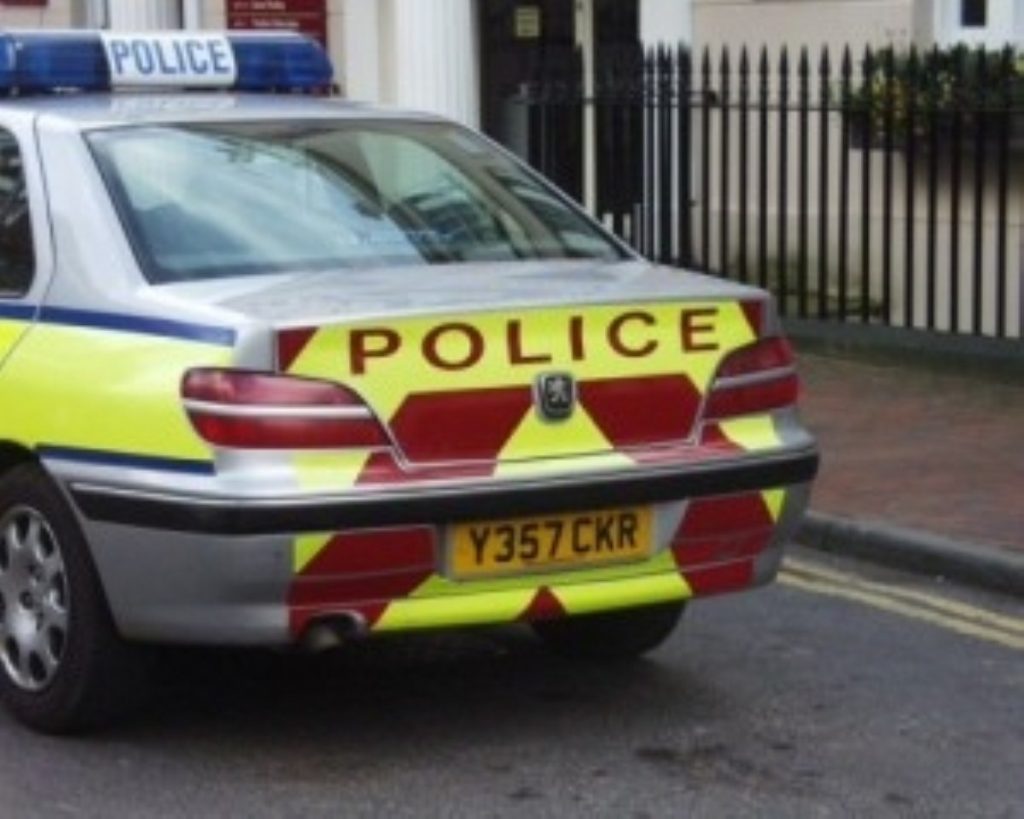Bichard reveals “deeply shocking” failures
Sir Michael Bichard has identified “deeply shocking” failures in local and national police record-keeping, which allowed Ian Huntley to slip through the net.
Sir Michael said that: “There was not one single occasion in all of the contacts with Huntley . when the record systems worked properly. And that means I cannot be sure that it was Huntley alone who ‘slipped through the net’.”
However, he said that he did not believe there was a causal link between the failures of specific institutions and the deaths of the two schoolgirls. But that if all procedures had been carried out it was unlikely that Ian Huntley would have got the job as caretaker.
After Huntley was convicted of the double murder of Holly Wells and Jessica Chapman it emerged that there had been a string of previous allegations of rape and sex with underage girls.


Despite these allegations, he was still able to pass police vetting checks and gain the job as a caretaker at Soham Village College.
Whilst living in Grimsby there were nine allegations of underage sex and rape made against Huntley. Indeed one PC wrote an internal report for Humberside Police in which he identified Huntley as a serial sex attacker.
This report was deleted by Humberside Police under a mistaken interpretation of the Data Protection Act.
Sir Michael made it clear that he believes that the Data Protection Act is not to blame and does not belief that the Act needs to be redrafted.
Sir Michael found that Humberside police failed to provide officers with proper guidance on how to keep records. Officers did not know how records were created or how they were supposed to go about weeding out, reviewing and deleting them.
‘As a result, intelligence haemorrhaged in an alarming way,’ he said.
‘I have concluded, therefore, that there were very serious failings in the senior management of Humberside police and that the current chief constable must take personal as well as corporate responsibility.’
Despite heavy criticism of chief constable of Humberside Police, David Westwood, Sir Michael refused to be drawn on his opinion of his future.
He said that Mr Westwood must take “not just corporate but some personal responsibility” for the records failings, but that it is “not for me to draw conclusions about Mr Westwood’s future.”
Speaking after the inquiry, Home Secretary David Blunkett told the House of Commons that he will be using his powers to ensure Humberside Police Authority suspend Mr Westwood.
Cambridgeshire police had also made ‘serious’ mistakes, notably failing to send a fax to Humberside requesting information about Huntley, but they were not ‘systemic nor corporate’ and had had limited consequences.
Key recommendations of the report are the introduction of a register of people who want to work with and are allowed to work with children.
In the subsequent press conference, Sir Michael said that such a system could be routinely updated and would allow all employers to check the suitability of candidates, and provide the opportunity for appeal before third parties are informed of any refusal to register.
Sir Michael also called for the “urgent introduction” of an IT system for police in England and Wales.
Sir Michael said it was “astonishing” that there was no national IT intelligence system.
“Consequently, even today someone like Huntley could move from Humberside to Cambridgeshire and the Cambridgeshire force would not routinely have access to any intelligence held in Humberside.”
Sir Michael went on to express concerns that the seriousness of 15 year olds having sex with older adults is not always appreciated by social services, despite the existing guidance.
He recommended that guidelines should be clarified so that social services are clear when a referral must be made. Any incidences not referred to the police should be kept on record and this should be examined during the inspection of the performance of social service departments.












